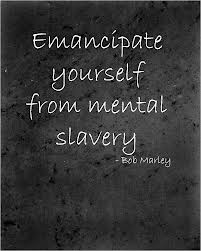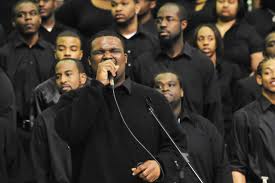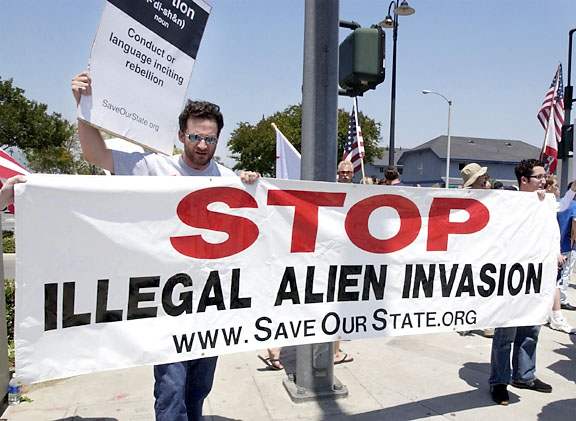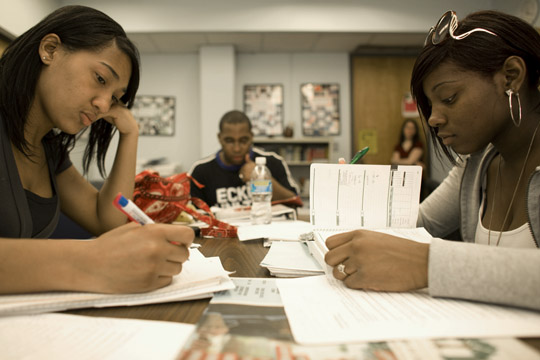What I am often unsettled and unnerved by is the reality that many people always want me to be like them. Because I am willing to be myself, this unsettles, unnerves, and unhouses them in fundamental ways. I am a truly emancipated Black man. This means that I do not allow societal expectations and norms to limit me in any way. Even though I am tremendously happy with being a truly emancipated Black man, this does not stop people from attempting to change me and make me more like them. What I have learned is people want to change me because they do not want me to outshine them, and they do not want me to make them feel uncomfortable and embarrass them in front of their friends and colleagues. The purpose of this article is to explain the phenomenon of “social cloning,” explain the problems “social cloning” engenders, and elucidate why it is important to resist.
I know you have to be saying—what is “social cloning”? Just to make my definition clear to you, “social cloning” is the process by which people force others to be more like them or exactly like them. It seems that people do not want you to be “different.” For some reason, “difference” threatens the safety of their embracement of hegemony, the status quo, and societal expectations and norms. Fortunately, there are some people, like me, who find simply embracing hegemony, the status quo, and societal expectations and norms to be problematic. What seems to be the goal of those who try to force people to be just like them is to allow themselves to remain safe and comfortable in their limited world of possibilities. The reason why they have limited possibilities is they have self-imposed a life of slavery on themselves. They allow themselves to fall prey to psychic slavery. As we all know, this is the most damaging form of slavery because it has the potential to last forever.
Unfortunately, many Black people allow themselves to be victimized by self-imposed psychic slavery. They are not willing to live a free life—a life without limits. While I am certainly not advocating that people should not be law-abiding citizens, I am arguing for people to do the things that please them most. You should not live a life that is based on what other people think that you should be and what they think you should be doing. You also should not live a life that is not real. I see so many unhappy people because they are living lives and doing things that they do not want to do. For example, I know many people who get married, have babies, maintain heterosexual relationships, try to act like thugs, pretend to be straight, but these things are not really what they want to be and/or do. They just do these things so that they will not be considered “different.” For many people, being “different” is not something that they can handle. It is almost like being dirty: When one gets dirty, there is always this feeling that you need to be cleansed. Living a socially cloned life and life of self-imposed psychic slavery has to be a miserable life. Life is too short—one should live life with much more freedom and with much more concern for what he or she can uniquely contribute to the world.
I am often criticized for virtually everything that I do—simply because I am a truly emancipated Black man. Efforts to criticize my freedom-saturated actions are aimed at trying to make me stop doing things that are outside of the norm, and people want me to stop making them have to constantly live with the reality that they are unwilling to live a life of Truth, instead of a life of falsehoods. Because I am such a compassionate person, I want my readers to know that I am not attacking those who allow themselves to be socially cloned and be victimized by a self-imposed psychic slavery. I simply have to tell them the Truth. As I often say, justice is what love looks like in public. As a person who fights for justice, I have to tell people that living a lie is a self-denial of experiencing and enjoying the fullness of the Earth.
You can always identify those people who live a life of self-imposed psychic slavery and who have been socially cloned: These are the people who are always pointing out the harm in everything that you do that goes against the status quo. What people really would like for people who resist social cloning and psychic slavery to do is just sit down and shut up. Please do not succumb to this pressure. I know that it can often be hard to resist and can be tremendously unpopular. The world, however, needs people who are willing to be “different” and needs people who are willing to take “unpopular” positions and actions. Just think about it: When you take unpopular positions and actions and are willing to be different, you will be in the company of the greatest man you can ever know: Jesus. Jesus took unpopular positions and actions and was willing to be different.
People know the difference between real and fake, so please do not think that you are fooling anybody. When you work so hard to put on false images, the world knows that these are false images, so stop investing great time in maintaining these images. The people who really gain the real respect of people are the people who are authentic. In order to be authentic, you must be guided by transparency in nearly all that you do and say. I really hope that people will begin to improve the world dramatically by offering us your authenticity and not your socially cloned selves. I long for a day when real people will rise up and make this world a truly better place to live in, a place where true and pervasive freedom can blossom.
Antonio Maurice Daniels
University of Wisconsin-Madison









